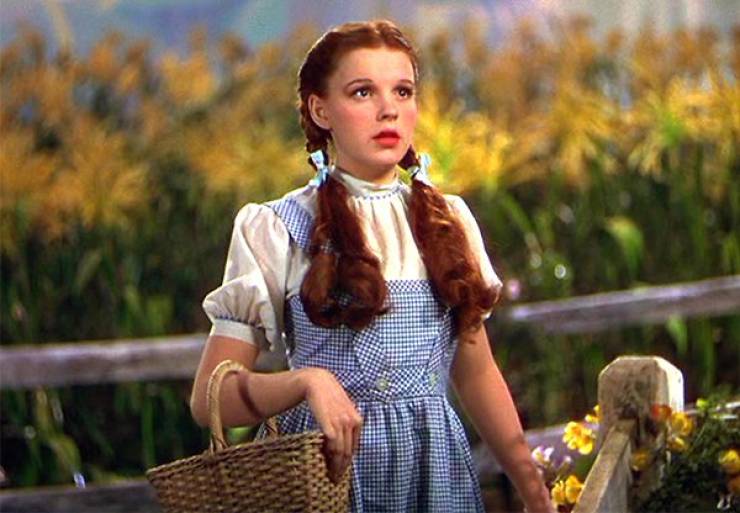
At the age of 15, while filming The Wizard of Oz, the studio pressured Judy Garland into taking diet pills in order to lose as much weight as possible. By the time they finished filming, Garland was addicted to the pills.
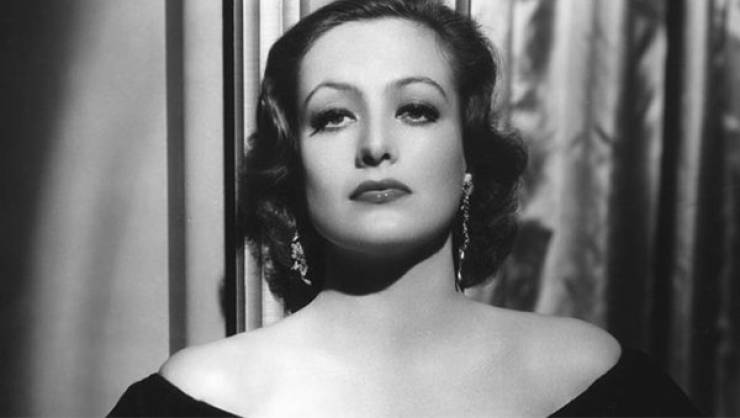
Joan Crawford’s agent told her if she wanted to work past the age of 25, she should invest in a set of cheekbones. So, she had her back teeth removed to help accentuate her cheekbones. It was rumored that Marlene Dietrich did the same thing.
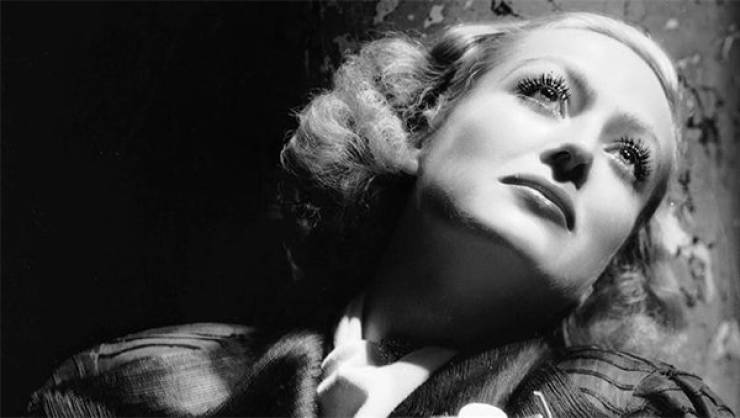
Crawford wrote in her book ‘My Way of Life’ that she also soaked her eyes in boric acid every week to make them “sparkle” on camera.
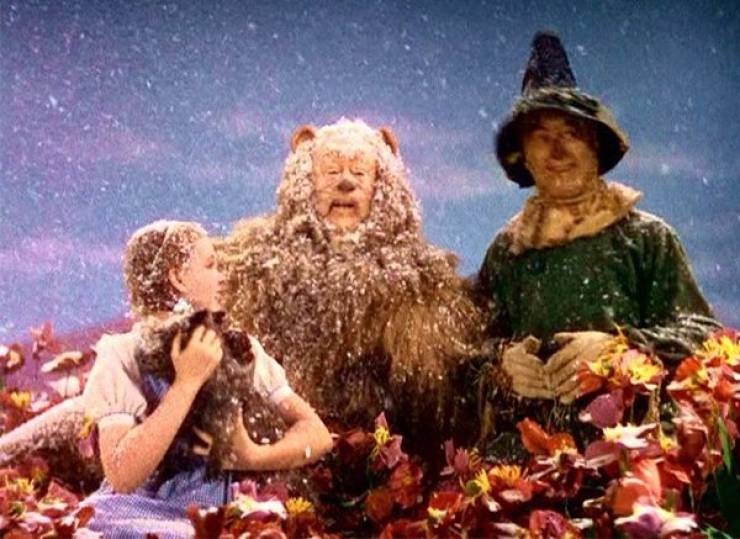
In the ’20s and ’30s, movie sets actually used asbestos to give off the illusion of snow. Some actors, like Steve McQueen, got very sick later in life and believed it contributed to their deaths.
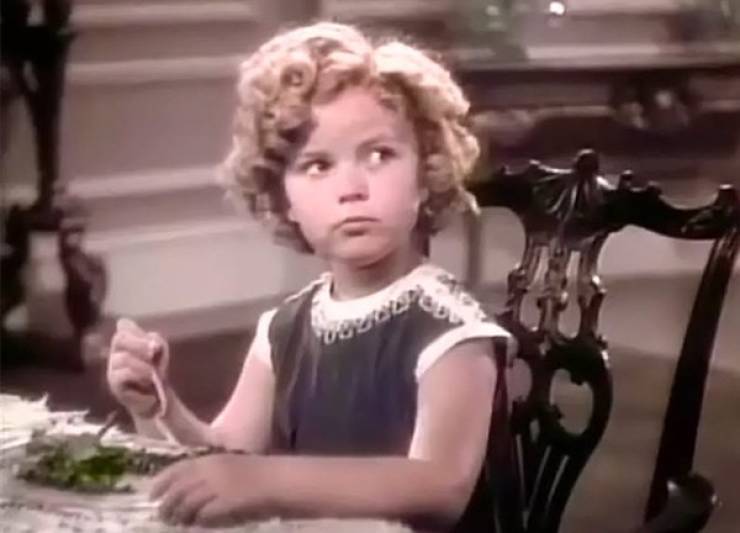
Shirley Temple said that when she and other child actors misbehaved on set, they were sent to “the black box” where they were forced to sit on an actual block of ice as punishment.
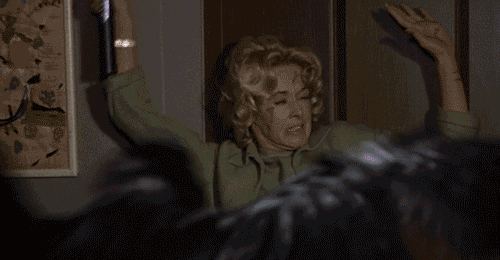
In Alfred Hitchcock’s The Birds, live birds were tied to Tippi Hedren and also thrown at her while filming the iconic attic scene.
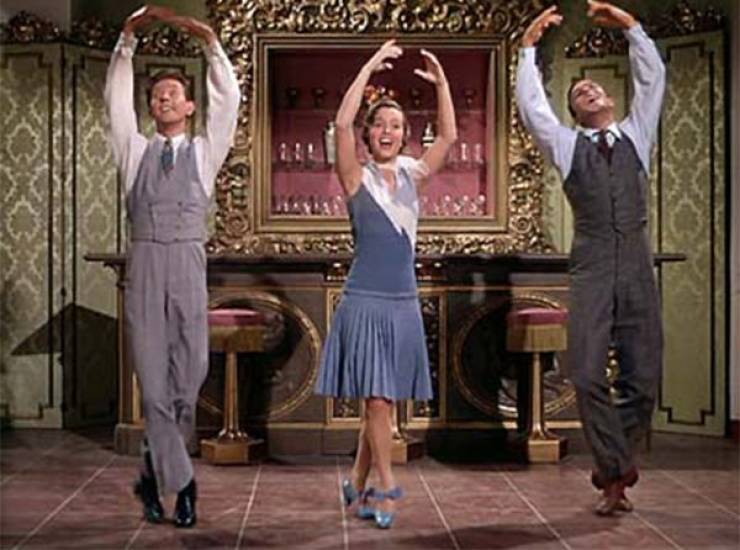
Gene Kelly insulted Debbie Reynolds’ dancing so much while filming Singin’ in the Rain that she once hid from everyone under a piano, crying.
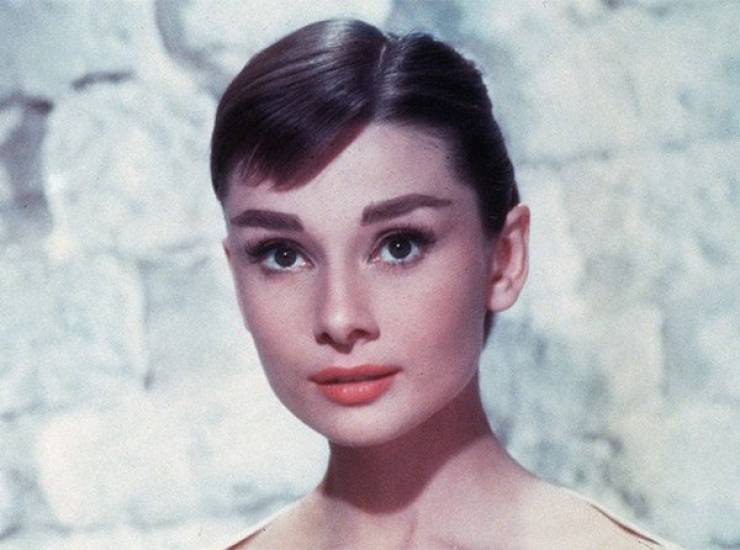
Audrey Hepburn had to maintain her signature “doe-eyed” look, which was achieved by painstakingly separating each eyelash with a safety pin.
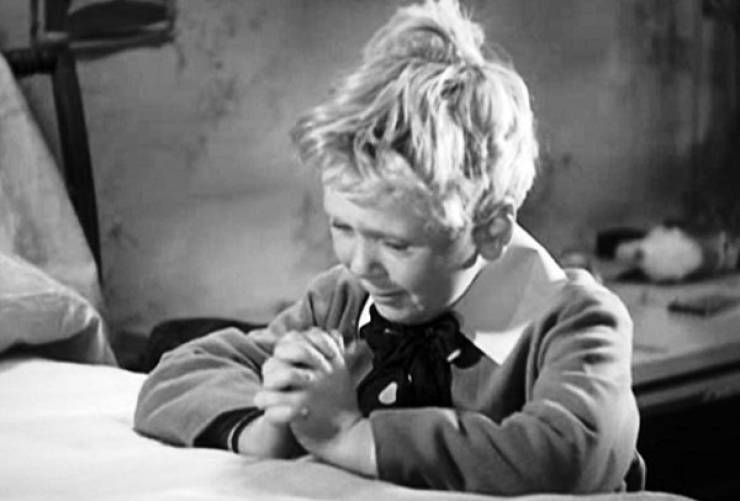
Jackie Cooper couldn’t make himself cry while filming Skippy, so the director threatened to have Cooper’s dog killed if he couldn’t produce tears.
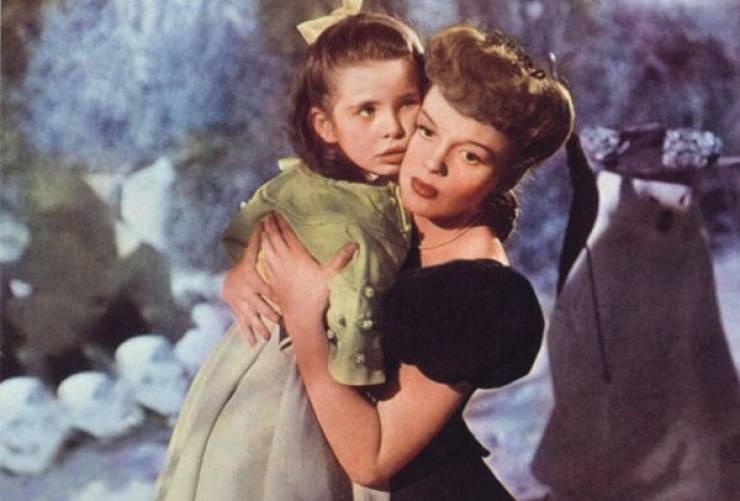
And Margaret O’Brien’s mother would get her to cry on command while filming the sad scenes in Meet Me in St. Louis by telling her that her rival actor on the MGM lot was a better crier than her.
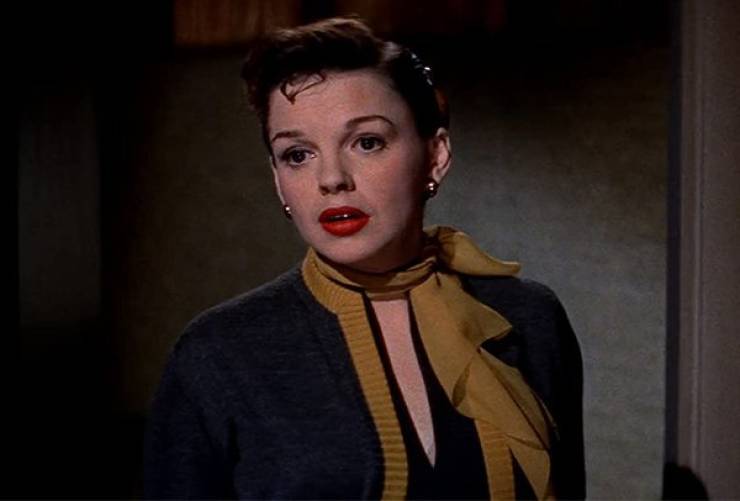
Morality clauses were added to studio contracts that made actresses get abortions and stay unmarried, in order to “prevent stars from destroying their value through scandal.” Judy Garland, Lana Turner, and Jeanette McDonald were all sent to hospitals for abortions under the guise of things like appendectomies and ear infections.
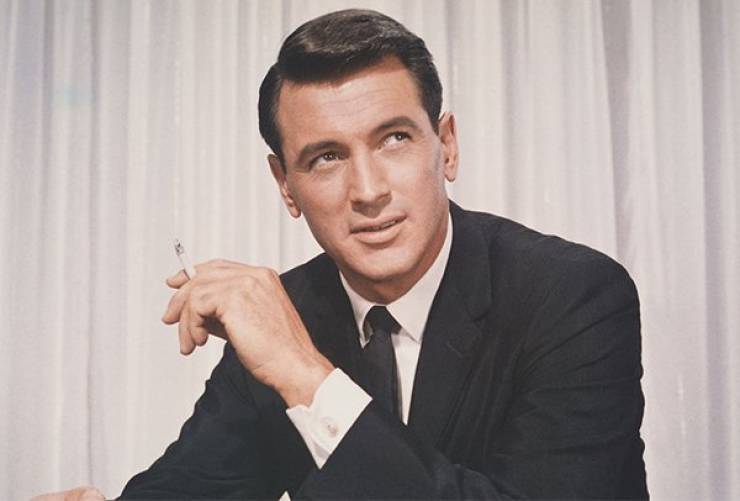
These morality clauses also forced gay actors such as Rock Hudson into sham marriages with people of the opposite sex, in order to help hide their sexualities.
This part of the clause revolved around not “forfeiting the respect of the public.” A breach of contract meant that an actor would lose his or her salary. Even worse, being outed certainly marked the end of your career.
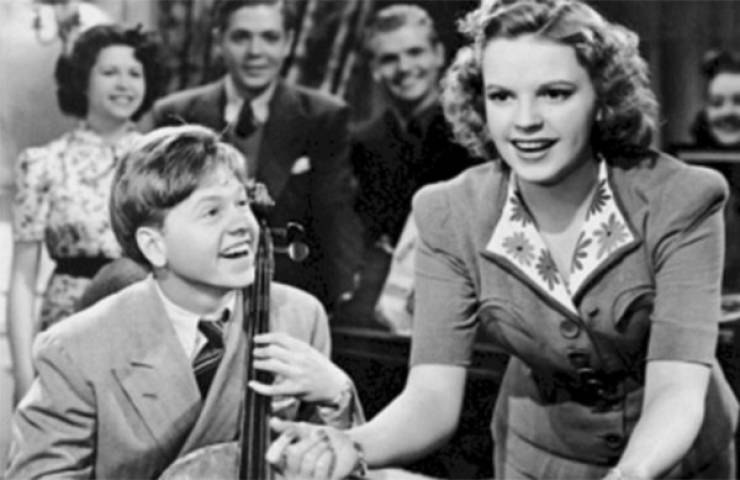
Judy Garland and Mickey Rooney were consistently forced to take “pep pills” and sleeping pills so they could work 72 hours straight and then crash for a few hours before they were woken up to film more scenes.
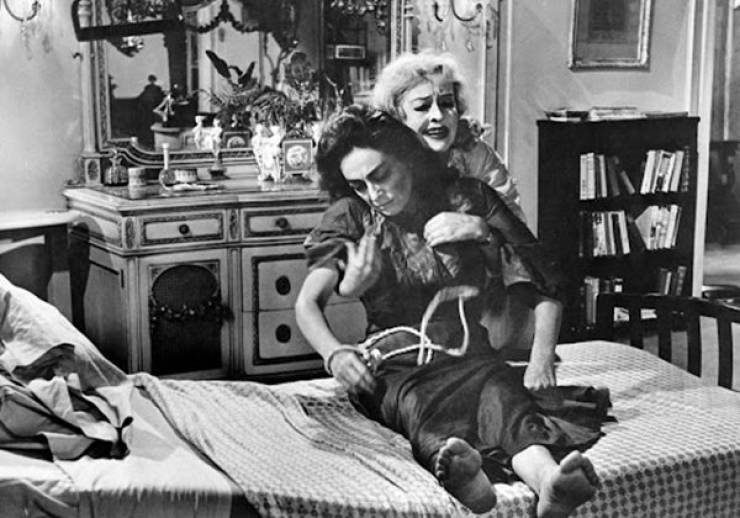
Bette Davis and Joan Crawford were pitted against each other so severely that filming What Ever Happened to Baby Jane? was unbearable for everyone involved. Crawford would put weights in her own pockets before shooting the scene where Davis had to carry the character’s body, causing Davis to strain her back. And Davis kicked Crawford so hard during one scene that she needed stitches.
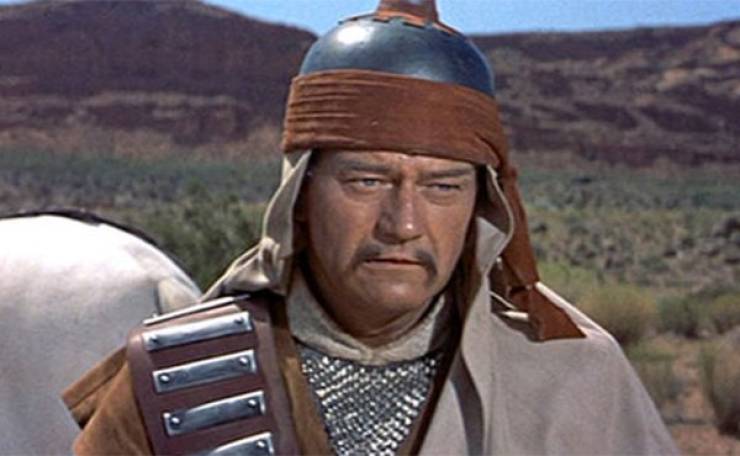
The Conquerer was filmed extremely close to nuclear testing grounds in Utah, but the government said it would be safe to shoot there. Years later, most of the cast and crew developed some type of cancer from radiation exposure.
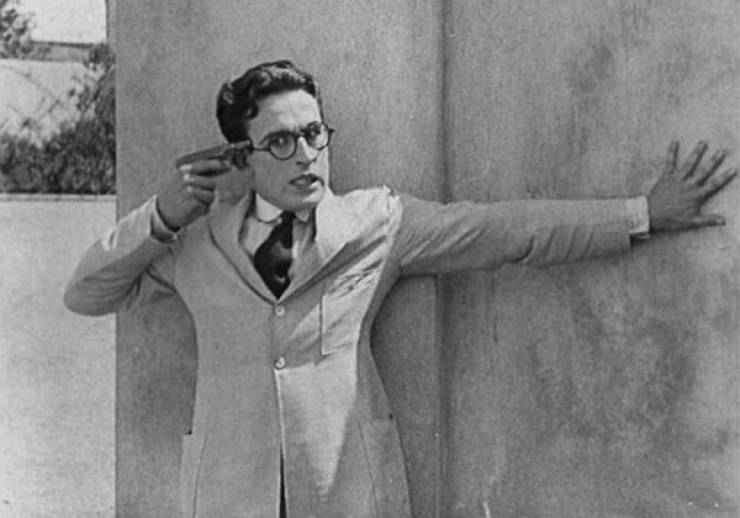
Silent film star Harold Lloyd was doing a shoot for Haunted Spooks when a prop bomb (which turned out to be a real bomb) went off. Lloyd lost two fingers on his right hand and was blinded for several months.
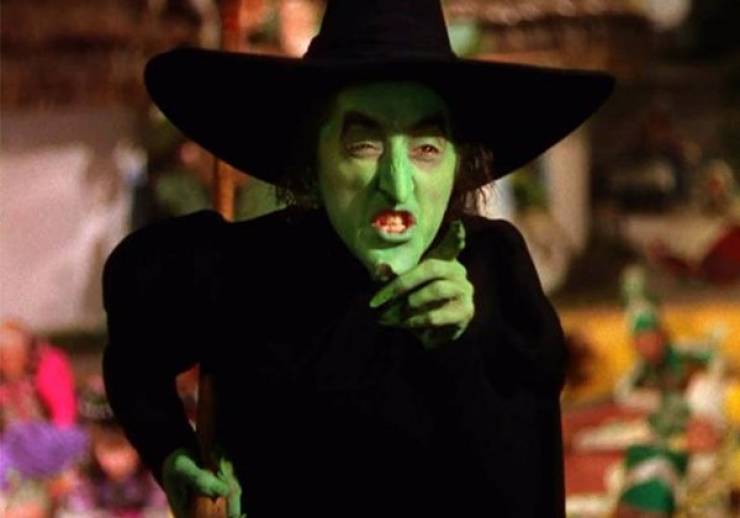
In The Wizard of Oz, the green paint used for Margaret Hamilton’s costume was so toxic that she was on a strict liquid diet while filming.
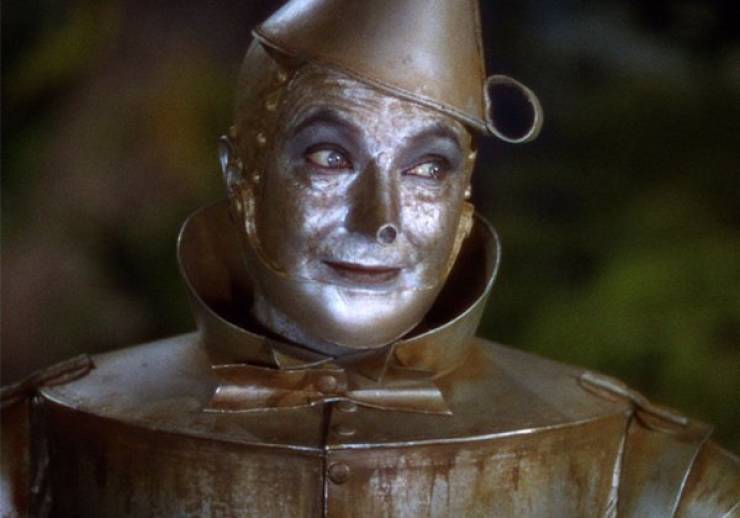
And Buddy Ebsen was the original Tin Man in The Wizard of Oz, but the aluminum dust from the makeup nearly killed him, so he was replaced by Jack Haley.
Ebsen was ultimately hospitalized. When Jack Haley replaced him, they started using a safer aluminum paste as makeup. Ebsen claimed to have breathing problems for the rest of his life because of “that damned movie.”
 Barnorama All Fun In The Barn
Barnorama All Fun In The Barn